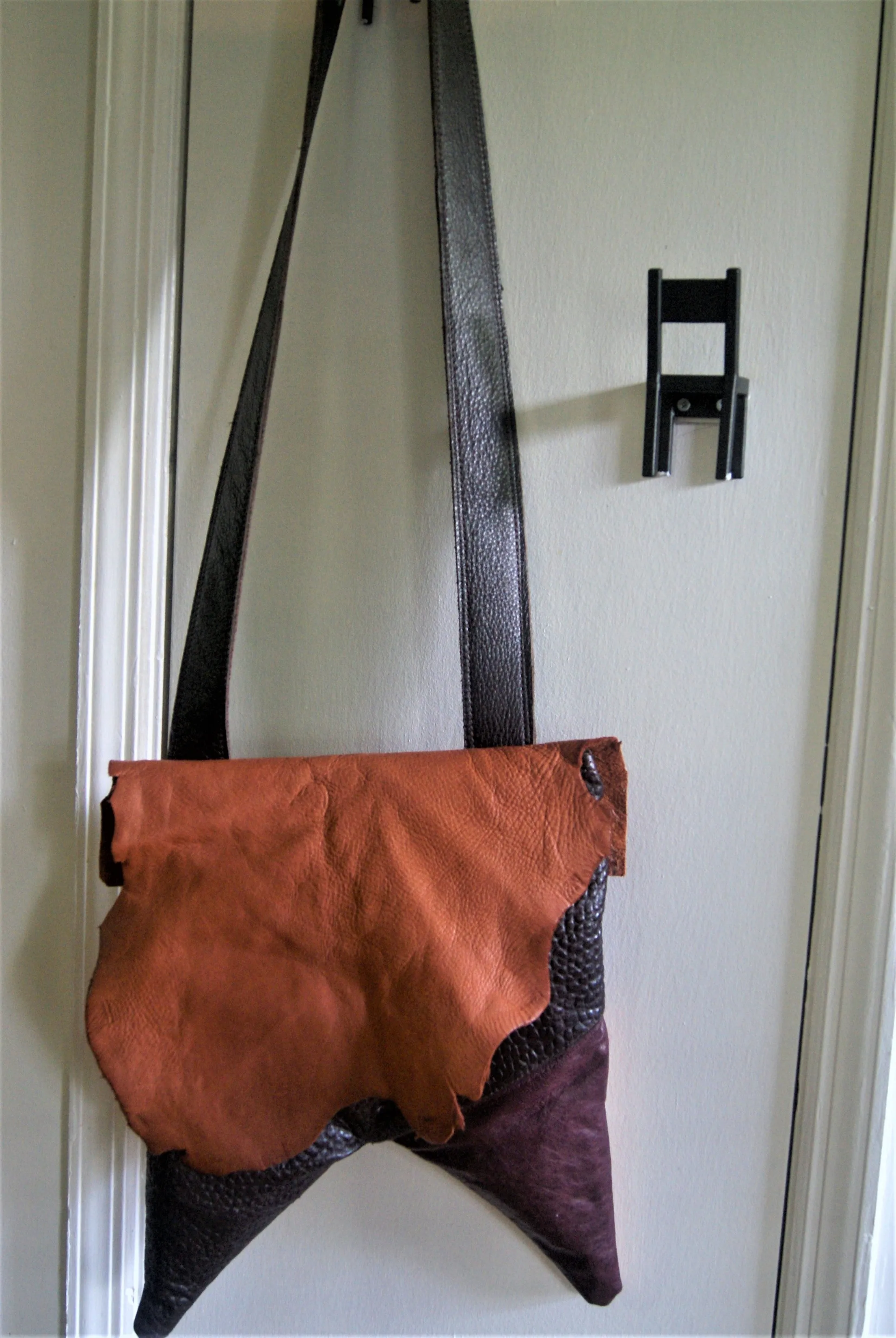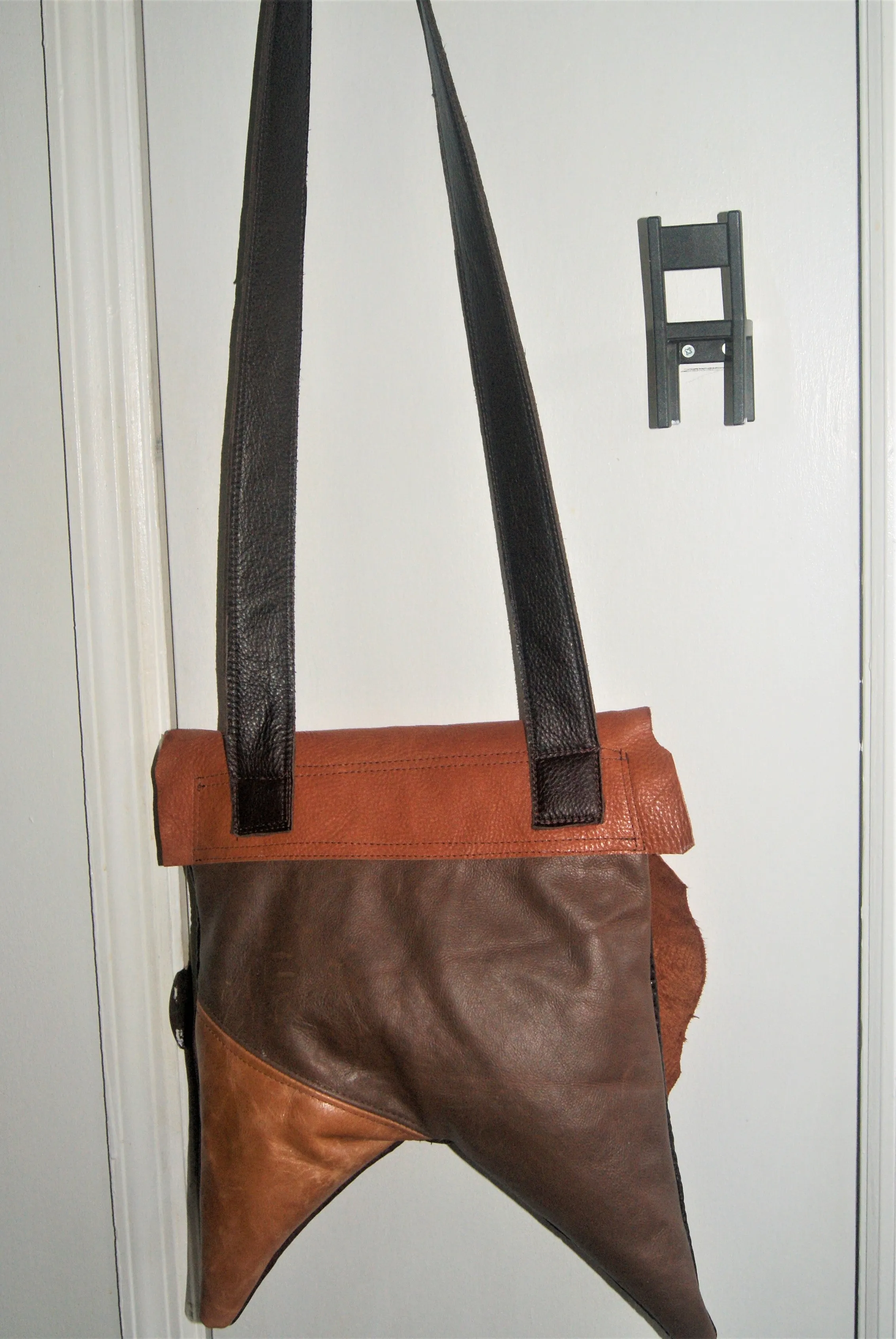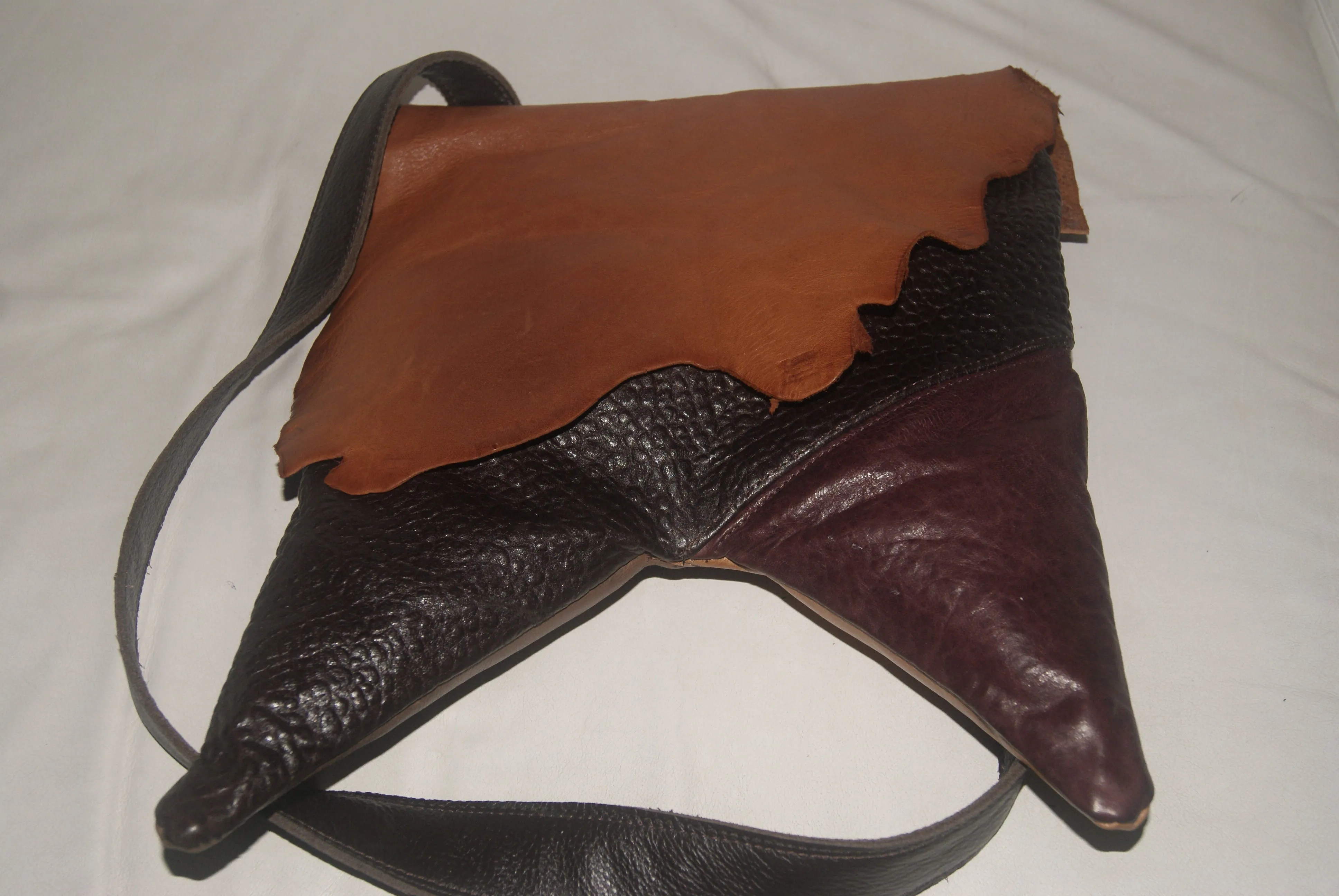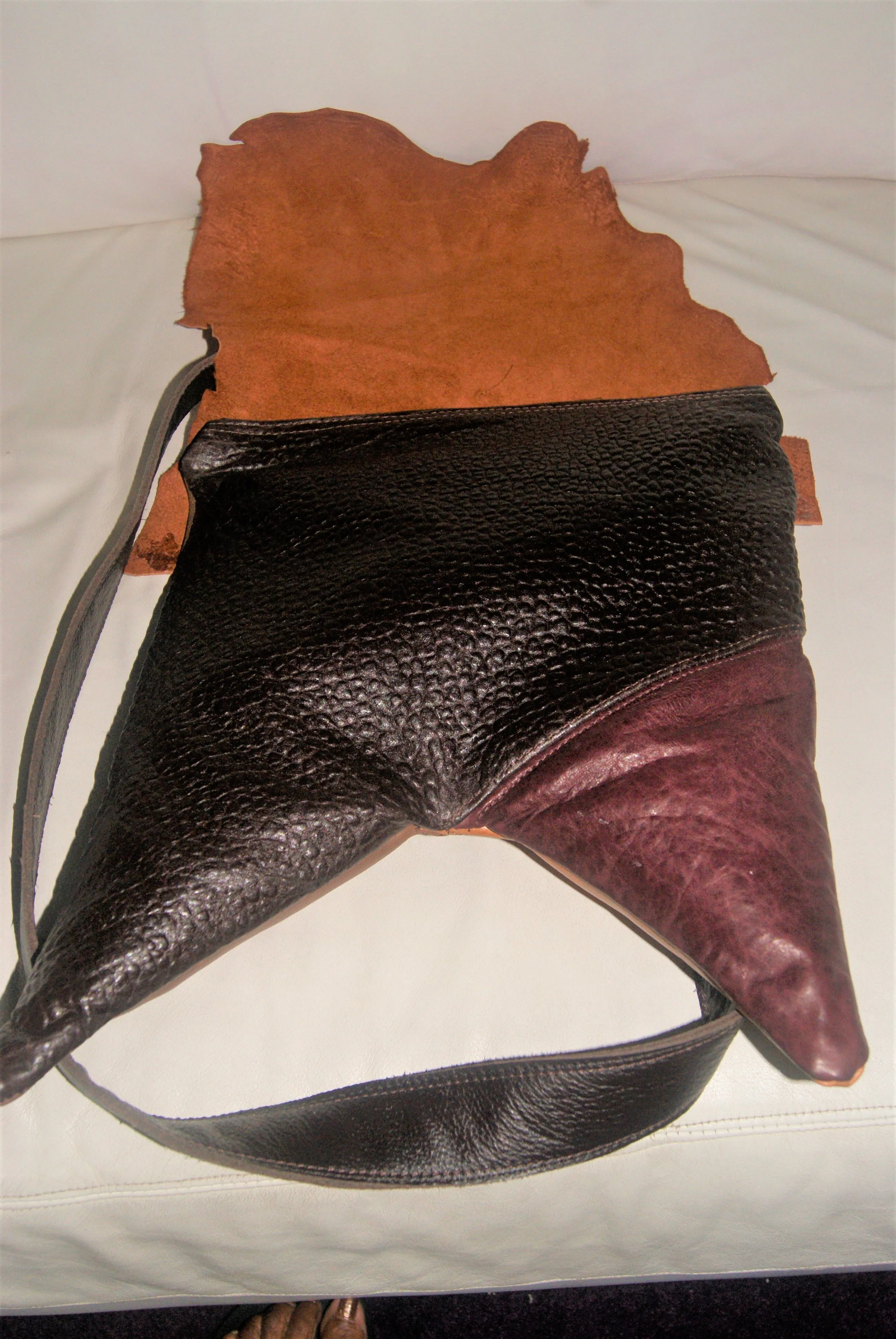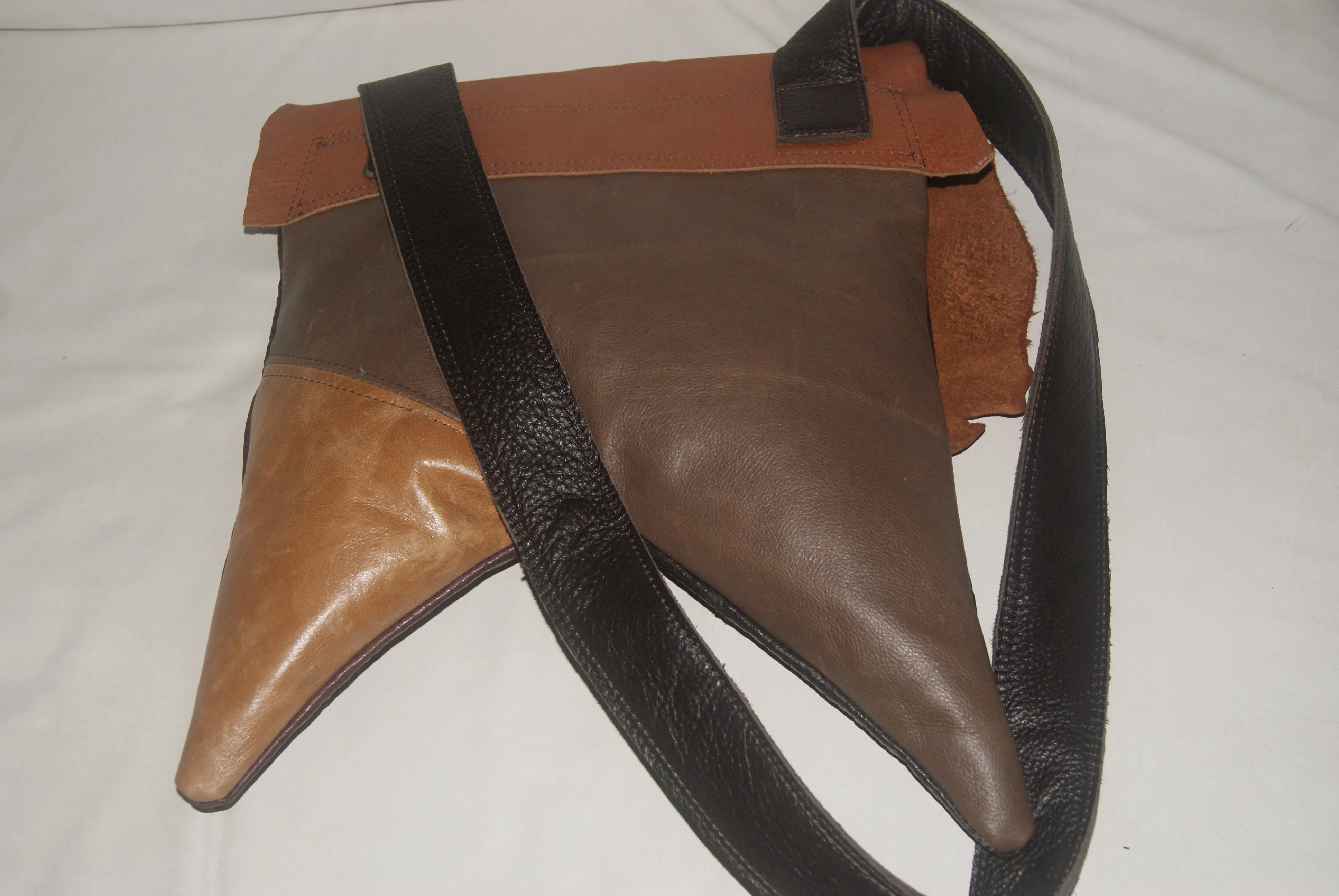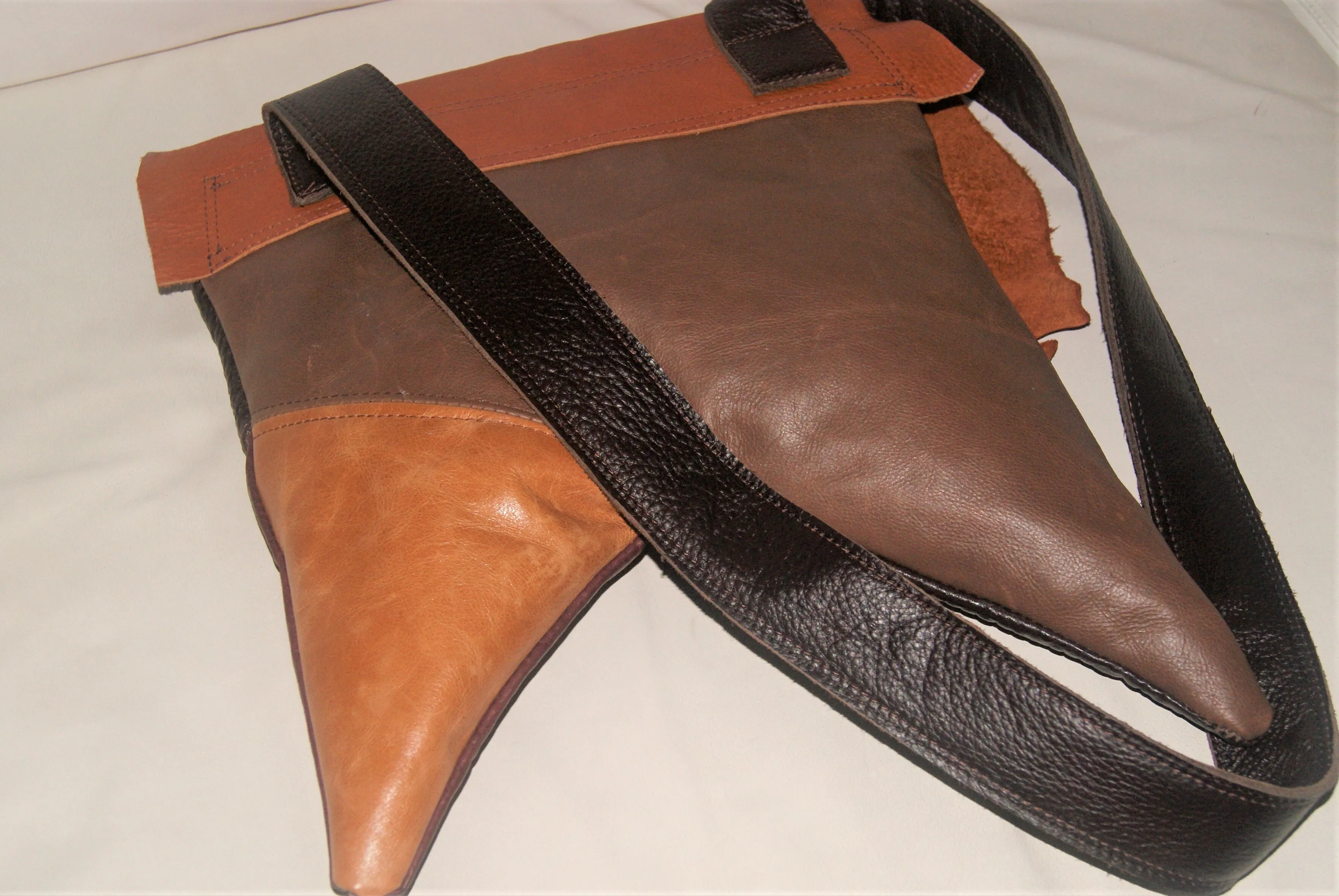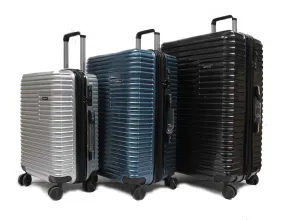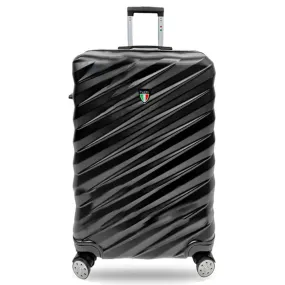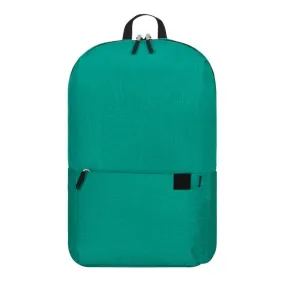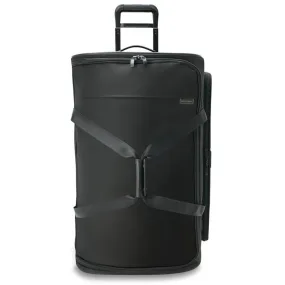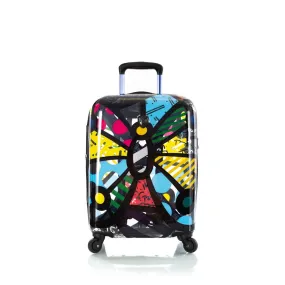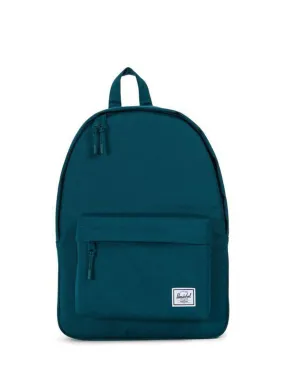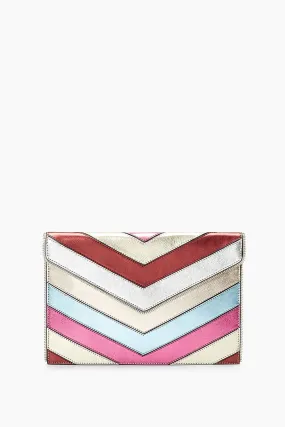This attract leather shoulder bag is a one of a kind made from many different varieties of leather. From yellow mustard , honey mustard a variety of browns , wine and taupe. It measures 12 1/2" X 14 1/2" and is fully lined with a good sized leather zipper pocket. Also the bag has a zipped closure and and a creatively sculpted flap over in that honey mustard flavor.
When you're down , don't cry . Buy a new handbag and get over it!
In her 70-year career, (1900-1995)was many things: teacher, administrator, model, nurse, even truck driver. Her work as a sculptor, however, led to her most memorable achievement of being the first black sculptor to design a coin. Burke’s interest in sculpting arose from her weekly Saturday whitewashing chores with a wash made of local clay. She discovered to her delight, that it could be molded into various whimsical shapes.
in 1943, she heard of and entered a national competition to create a profile portrait of U.S. President sponsored by the Fine Arts Commission in Washington, D.C. Burke was awarded the commission from a field of 11 other competitors—three of whom were black.
Burke originally had planned on creating the profile from photographs, but, unable to find an appropriate picture in newspapers or in library records, she wrote to the president requesting a sitting. President Roosevelt granted an appointment. Burke arrived at the with only some charcoal and a roll of brown butcher’s paper and quickly produced several sketches. The finished bronze plaque listed four freedoms above Roosevelt’s face: freedom from want, freedom from fear, freedom of worship, and . It was then installed at the Recorder of Deeds Building in Washington, D.C. Prior to its installation, however, and the members of the Fine Arts Commission were sought for approval. Burke remembered vividly ’s criticism that the image looked too young. “I have not done it for today, but for tomorrow and tomorrow. Five hundred years from now America and all the world will want to look on our president, not as he was the last few months before he died, but as we saw him for most of the time he was with us—strong, so full of life, and with that wonderful look of going forward.” The source of Roosevelt’s image on the dime has recently received much attention. John R. Sinnock, the chief engraver at the U.S. Mint, has his initials on the profile. The dime’s head, however, is merely a mirror image of the plaque created by Selma BurkeMoreover, the and Records Administration of the Franklin D. Roosevelt Library in , New York, stated that the dime portrait originated with the sculpture of done by Selma Burke.




